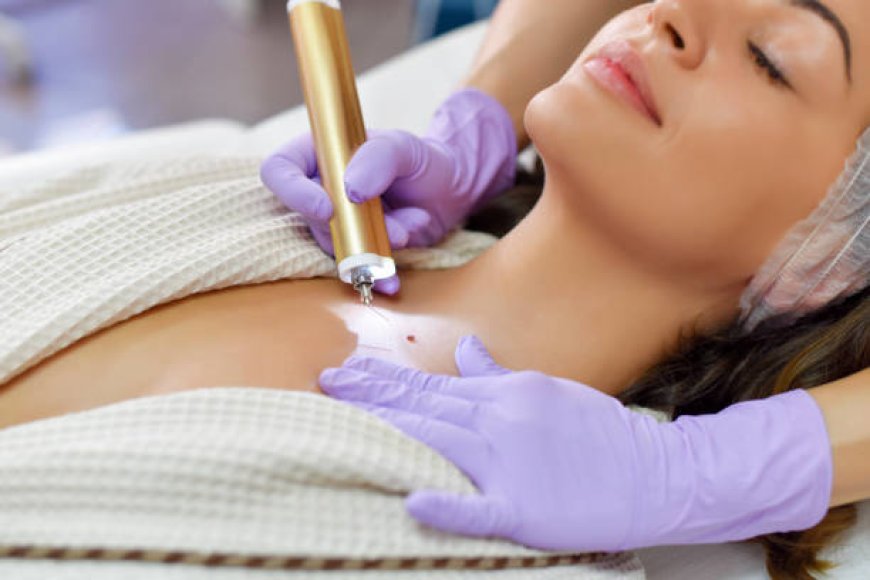Skin Cancer Clinic or GP: What You Should Know
Learn when to visit a skin cancer clinic or GP, the key differences, and how to choose the right care for early detection and treatment.

If you’ve noticed a new mole or a spot that doesn’t look quite right, you might be wondering—should I visit my GP first, or go straight to a skin cancer clinic? Both play an important role in healthcare, but understanding the difference helps you decide which option is best for your needs.
The Role of a GP in Skin Checks
Your general practitioner (GP) is often the first point of contact for most health concerns, including skin issues. GPs can:
-
Examine suspicious spots during a consultation.
-
Provide referrals to dermatologists or skin specialists if needed.
-
Manage ongoing care for patients with a history of skin cancer.
For minor concerns or initial guidance, a GP visit can be a good starting point—especially if you already have a trusted family doctor.
What a Skin Cancer Clinic Offers
A dedicated skin cancer clinic focuses exclusively on skin health and cancer detection. These clinics usually:
-
Conduct full-body skin examinations using specialised tools like dermatoscopes.
-
Use advanced technology such as digital mole mapping and high-resolution imaging.
-
Offer same-day biopsies if anything suspicious is found.
-
Employ doctors with specific training in skin cancer medicine.
Because their services are highly specialised, clinics often provide a more detailed and thorough skin check compared to a general appointment with a GP.
Which Option Is Best for You?
The right choice depends on your situation:
-
For routine health concerns: A GP is perfectly suited to manage general wellness and can address skin issues alongside other medical needs.
-
For focused skin checks: A skin cancer clinic is often the better choice if you want a dedicated, thorough assessment.
-
For higher-risk individuals: People with a personal or family history of melanoma, fair skin, or heavy sun exposure should prioritise specialised clinics.
Cost Considerations
Both GPs and clinics may offer bulk billing or Medicare rebates, but not always. Skin cancer clinics sometimes charge higher fees due to advanced technology and specialised care. Always check upfront to avoid unexpected costs.
Accessibility and Convenience
GPs are generally more widely available, making them easier to access quickly. Skin cancer clinics, while less common, are increasingly found across Brisbane and other Australian cities. Many offer flexible appointments designed to encourage regular check-ups.
When to See a Clinic Immediately
If you notice:
-
A mole that changes shape, colour, or size.
-
A sore that doesn’t heal.
-
A new growth that looks unusual.
…it’s best not to wait. Booking a direct appointment at a skin cancer clinic ensures you get a specialist opinion without delays.
Final Thoughts
Both GPs and skin cancer clinics play valuable roles in protecting your health. Think of your GP as the all-rounder for general care, while a skin cancer clinic provides focused expertise and advanced technology for early detection. Choosing the right option depends on your personal risk level, your concerns, and your comfort. The most important step is simple: don’t delay. Regular checks—whether at a GP or a clinic—can save your life.







